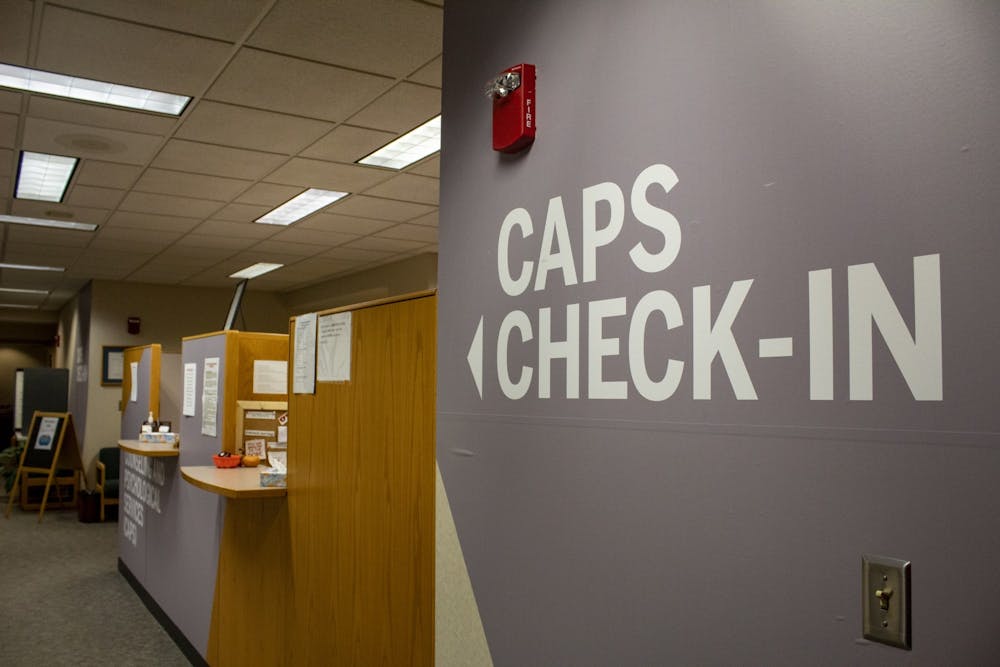I returned to Indiana University Counseling and Psychological Services in the summer of 2019, after a diagnosis of Borderline Personality Disorder, or BPD.
My plan was to seek out Dialectical Behavioral Therapy, or DBT, something I was told CAPS offered. According to the National Alliance on Mental Illness, "(DBT) emphasizes validation, or accepting uncomfortable thoughts, feelings and behaviors instead of struggling with them." Recent research suggests DBT is the most effective form of treatment for BPD.
However, because only a few students signed up, CAPS canceled the summer session of DBT, leaving me without the treatment I needed. They instead suggested I try again in the fall semester, but the therapy was being offered during a class I was required to take to graduate in May.
The alternatives at CAPS were not enough.
Depression and anxiety are often treated through psychotherapy, which is often referred to as "talk therapy." However, talk therapy is often inadequate for severe mental illnesses. Medication and other forms of more advanced treatment, for example, are used to treat post-traumatic stress disorder, bipolar disorder and schizophrenia, according to the National Institute of Health's website.
There are also many forms of therapy for mental illnesses outside of depression and anxiety that are not easily available from CAPS.
For example, psychotherapy is not as effective as eye movement desensitization and reprocessing in treating trauma and PTSD. Eye movement desensitization and reprocessing helps people with PTSD access traumatic memories that otherwise may be painful or difficult to access because of repression, and implemented frequently, traumatic memories become less painful and easier to manage.
However, this type of therapy is not available at CAPS. In addition to adding new treatment options, it would be helpful to increase some of the services offered, such as offering DBT at different times in order to accommodate more students' schedules.
It’s difficult to account for the needs of every single student due to the high student-to-counselor ratio. Luckily, my counselor at CAPS helped refer me to my current therapist, despite the wait time being around six months for my first appointment.
The Indiana Daily Student released a special in 2016 about the long wait times for appointments at CAPS. Not much has changed in the four years since. Many students still find themselves waiting weeks before their first appointment at CAPS, and although there is a way to be seen sooner in case of emergency, it’s more of a generalized 30-minute appointment. Previous reporting on new services from CAPS suggests IU's health center is trying to do the best it can despite being understaffed and underfunded, like many college counseling programs across the country.
College is especially difficult for students in need of mental health care, and a lack of adequate treatment for students makes it even more difficult. IU should be responsible for providing much better mental health care and offer more expansive services from CAPS.
Rachel Cambron (she/her or they/them) is a senior studying English. She also writes books in her spare time.






